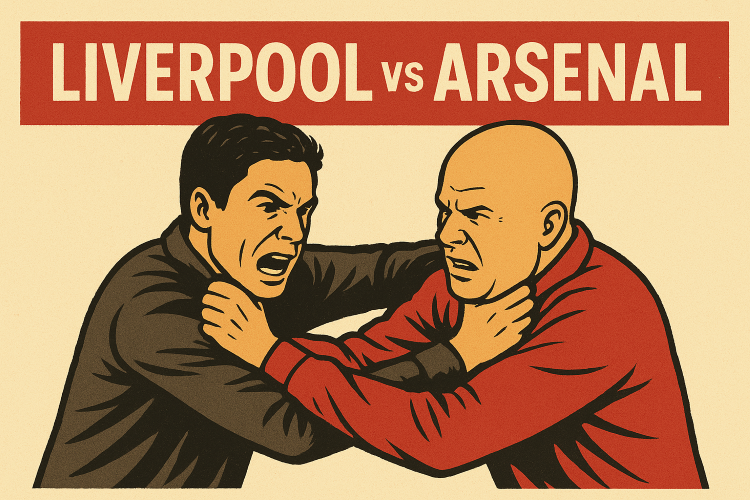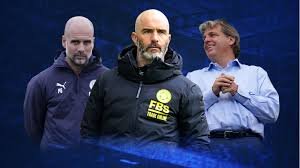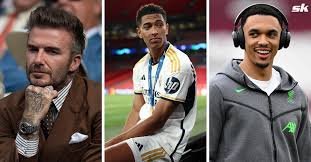Mauricio Pochettino Departs Chelsea: What’s Next for the Blues?
Mauricio Pochettino’s Departure: Reasons and Reactions
Mauricio Pochettino has agreed to leave Chelsea by mutual consent after only one year in charge at Stamford Bridge. This decision follows a disappointing season, despite a strong finish that secured a sixth-placed position in the Premier League and a spot in European competitions. The departure came after discussions with Chelsea’s sporting directors, Paul Winstanley and Laurence Stewart, as well as co-owner Behdad Eghbali. The discussions, which lasted 24 hours, concluded that parting ways was the best course of action to avoid potential disruptions in the next season. Both parties emphasized that there were no disagreements over transfers but rather differences in the club’s structural plans, such as the establishment of a new set-piece department, which Pochettino had opposed. Statements from both Chelsea and Pochettino indicate a mutual respect and acknowledgment of the contributions made during the season.
The reasons behind Pochettino’s departure can be attributed to fundamental differences in the strategic direction of the club. While the transfer policies were not a point of contention, the structural changes proposed by the club’s management, including the creation of a new set-piece department, were a significant factor. Pochettino’s opposition to these changes highlighted a divergence in vision that ultimately led to the decision for him to step down. The club’s hierarchy believed that aligning on these structural adjustments was crucial for future success, a viewpoint that Pochettino did not share, leading to a mutual agreement for his departure.
The reactions to Pochettino’s exit have been mixed. Fans and pundits have expressed both disappointment and understanding. On one hand, there was hope that Pochettino could bring stability and success to Chelsea, especially after a promising finish to the season. On the other hand, some recognize that the philosophical and strategic differences between Pochettino and the club’s management could have posed significant challenges moving forward. Statements from Chelsea and Pochettino have been cordial, with both parties expressing gratitude for the collaboration and the achievements during his tenure.
The Future of Chelsea: Possible Managerial Candidates
With Mauricio Pochettino’s departure, Chelsea finds itself at a critical juncture, actively searching for a new manager to steer the club forward. The club’s ownership, led by Todd Boehly, is determined to appoint a manager who not only aligns with their vision but also possesses the strategic acumen to build on the foundation laid by Pochettino. Several names have already surfaced as potential candidates, each bringing a unique set of skills and experiences to the table.
One of the frontrunners is Kieran McKenna, currently managing Ipswich Town. Known for his tactical prowess and ability to develop young talent, McKenna could be an ideal fit for Chelsea’s long-term plans. Another strong contender is Ruben Amorim of Sporting CP. Amorim has gained recognition for his innovative approach and success in the Portuguese league, making him a promising option for Chelsea’s ambitions both domestically and in European competitions.
Additionally, Sebastian Hoeness from Stuttgart and Michel from Girona have also been linked with the position. Hoeness has demonstrated his capability to manage under pressure and achieve results with limited resources, while Michel’s tactical versatility and experience in the Spanish league make him a viable candidate. Enzo Maresca, currently with Leicester City, is another name in the mix. Known for his strategic mindset and ability to adapt, Maresca could bring a fresh perspective to Stamford Bridge.
Interestingly, former Chelsea managers Thomas Tuchel and Roberto De Zerbi have been mentioned as potential options as well. Tuchel, who previously led Chelsea to Champions League glory, has unfinished business at the club and could provide continuity and stability. De Zerbi, with his attacking philosophy, could reinvigorate the team’s playing style and inject new energy into the squad.
Ultimately, the decision will hinge on finding a manager who can not only uphold Chelsea’s competitive edge in the Premier League but also make significant strides in European competitions. The right appointment will be crucial in ensuring that Chelsea remains a formidable force in football, building on Pochettino’s legacy and driving the club towards future successes.



